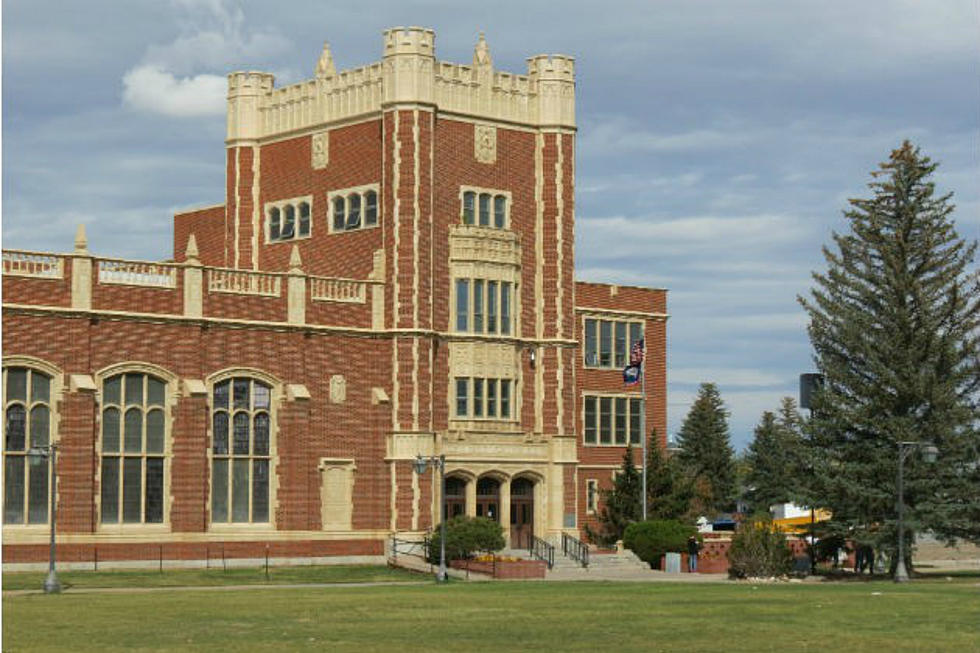
Safety Tips For Avoiding Getting Bit by a Wyoming Rattlesnake
You are working in a field of tall grass, when suddenly you hear a rattle followed by a sharp sting on your leg. You have been bitten by a rattlesnake. What do you do? What should you NOT do? And what can you do to prevent this situation from happening?
The Wyoming Medical Center recently published an article about rattlesnake bites and how to avoid getting bitten. Most are fairly common sense, and others are debunking Hollywood myths. To start with Wyoming has only one major poisons snake in the region, and it is the prairie rattlesnake.
Certainly anytime you hear the tell-tale rattle, you should be extremely cautious. But they are not some vile creature from the abyss. Rattlesnakes are not actively aggressive, so most bites happen when the snake is defending itself. The most common case of bites is when someone accidentally steps on or walks into a snake. There are also the less frequent cases of the “hold my beer and watch this” bites.
The facts are most bites can be treated. Those rare cases where a bite goes untreated; there is only a slight chance of death. That said, no one wants to be bitten. What can you do? What should you do? Here are some answers provided by the Wyoming Medical Center.
What Should You Do If Bitten by a Rattlesnake?
katifcamkatifcam - Call 911. Don’t hesitate, just call for help. Or get yourself to the emergency room immediately
- Try to keep calm. An elevated blood pressure can push the poison throughout your body faster.
- Keep the wound level and do NOT elevate the wound.
What Should You NOT Do If Bitten by a Rattlesnake?
Hulton Archive, Getty ImagesHulton Archive, Getty Images - DON’T try to suck the venom out. You are more likely to ingest the poison and make the wound worse.
- DON’T use a tourniquet.
- DON'T ice the bite wound.
What Can You Do to Prevent a Rattlesnake Bite?
- If you see a rattlesnake, LEAVE IT ALONE! Don’t take a selfie. Leave it be.
- Don't be sneaky. If the snake knows you are coming, they will most likely flee.
- Wear boots, pants, and gloves if you are in an area that makes you vulnerable.
- Avoid snake hot spots. If there are known areas with lots of rattlesnakes, keep your distance.
- Be extra mindful with kids and dogs. Their smaller bodies have less of a defense than a full grown adult.
- Small rattlesnakes have a higher concentration of poison than full grown adults. Be extra cautions if you run into younger rattlesnakes.
More From 104.7 KISS-FM









